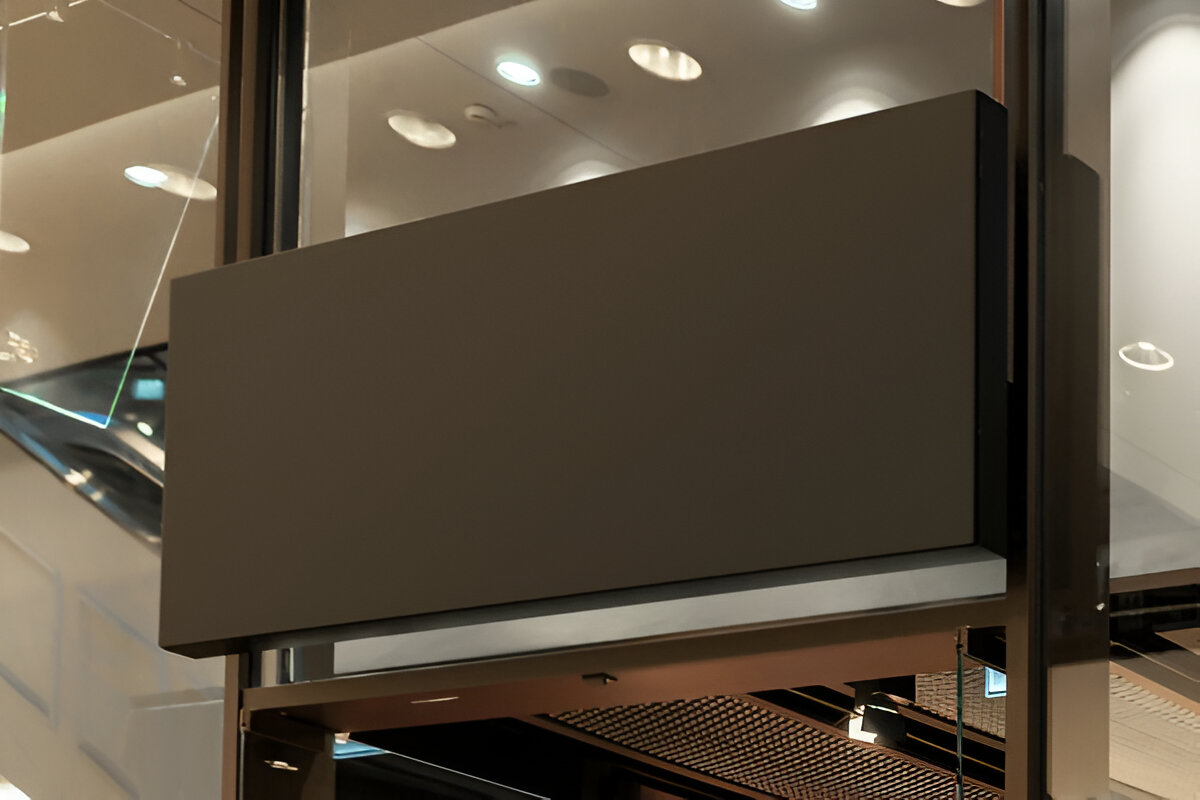What is Bac Water for Injection?
Bac water for injection, short for bacteriostatic water, is a specially prepared sterile solution that contains 0.9% benzyl alcohol as a preservative. Unlike plain sterile water, it prevents bacterial growth inside the vial once opened. This makes it suitable for multidose use, allowing healthcare professionals to withdraw small amounts multiple times without compromising sterility.
Pharmacies, hospitals, and research labs often use it to reconstitute powdered medications, peptides, and hormones before administration. Its extended shelf-life compared to sterile water makes it a practical option in clinical settings.
Why Benzyl Alcohol is Added
The key difference between bac water and sterile water is the presence of benzyl alcohol. This compound acts as a preservative, preventing contamination once the vial is punctured.
It extends the usability of the vial for up to 28 days after opening.
It ensures multidose vials remain safe for repeated withdrawals.
It meets USP and FDA quality standards for bacteriostatic solutions.
While benzyl alcohol enhances safety for multidose use, it also creates some limitations, particularly for neonatal patients where preservative-free options may be required.
Common Medical and Pharmaceutical Uses
Bac water is not administered directly but is used to dilute or reconstitute drugs prior to injection. Common applications include:
Peptide therapy – Preparing peptides such as growth hormone or BPC-157.
Hormone replacement – Mixing with lyophilized hormones before injection.
Antibiotics – Reconstituting powdered antibiotics for intramuscular use.
Research and laboratory work – Ensuring sterile preparation of compounds.
Its convenience lies in multidose storage, reducing wastage compared to single-use sterile water.
Bac Water vs. Sterile Water for Injection
Many patients confuse bac water with sterile water, but they serve different roles.
Bac water contains benzyl alcohol, making it suitable for multidose vials.
Sterile water is preservative-free and meant for single-use.
Direct IV use requires sterile water or saline; bac water should not be infused directly into veins.
For instance, in peptide therapy, bac water is preferred due to its preservative. However, in neonatal care or single-use injections, sterile water remains the safer choice.
How to Use Bac Water for Reconstitution
Proper handling is essential to maintain sterility and safety. The general procedure includes:
Wash hands thoroughly and disinfect the work area.
Wipe the bac water vial’s rubber stopper with an alcohol swab.
Use a sterile syringe and needle to withdraw the required amount.
Inject the water slowly into the powdered medication vial.
Gently swirl until the powder dissolves completely.
Store reconstituted medication according to manufacturer instructions.
Always follow aseptic technique to minimize contamination risks.
Safety Considerations and Potential Risks
While bac water is widely used, certain safety concerns must be kept in mind:
Not for IV infusion – It should never be injected directly into the bloodstream.
Pediatric caution – Benzyl alcohol may cause toxicity in infants.
Cross-contamination risks – Repeated use without aseptic handling can compromise sterility.
Healthcare providers emphasize checking expiry dates and discarding vials after the recommended period, typically 28 days after first use.
Regulatory and Quality Standards
Bac water must comply with USP (United States Pharmacopeia) standards and FDA regulations. Quality assurance covers sterility, preservative concentration, and packaging. Reputable manufacturers provide lot numbers, expiry dates, and tamper-proof seals to ensure safety.
Using unregulated or counterfeit products increases the risk of contamination or ineffective preservation.
Where to Buy Bac Water for Injection
Consumers should only source bac water from licensed pharmacies, compounding pharmacies, or authorized medical suppliers. Online marketplaces may sell counterfeit or improperly stored products, which can be unsafe.
Healthcare professionals recommend consulting a pharmacist or physician before purchase, especially when reconstituting sensitive medications.
Expert Recommendations
Healthcare providers stress the importance of using bac water only for its intended purpose. While convenient for multidose use, it is not a substitute for sterile saline or sterile water in direct injections.
For example, in hormone replacement therapy clinics, bac water is used under strict guidelines with controlled refrigeration and aseptic handling. Case studies show reduced medication wastage and improved patient compliance when bac water is properly used.
FAQs
1. What is the difference between bac water and sterile water?
Bac water contains benzyl alcohol as a preservative, while sterile water does not.
2. Can bac water be injected directly?
No, it should only be used to reconstitute medications, not for IV infusion.
3. How long does a bac water vial last after opening?
Typically, up to 28 days if stored properly.
4. Is bac water safe for infants?
No, preservative-free sterile water should be used in neonatal care.
5. Where can I buy bac water?
From licensed pharmacies or medical suppliers, not unverified online sources.
6. Can bac water be used for peptide therapy?
Yes, it is commonly used for peptide and hormone reconstitution.
7. Does bac water expire?
Yes, always check the expiry date on the vial and discard opened vials after 28 days.


